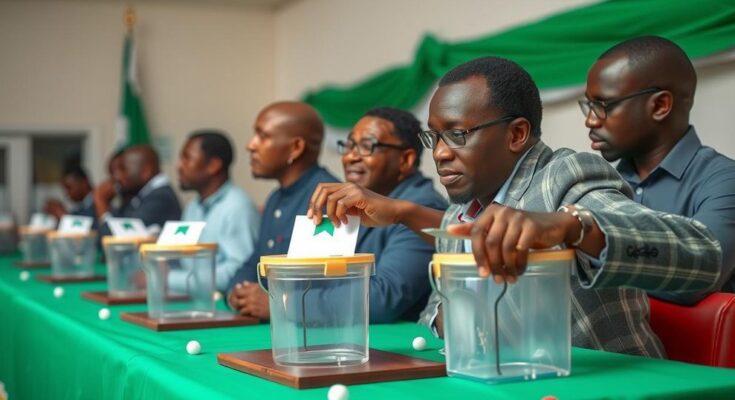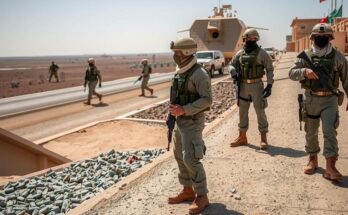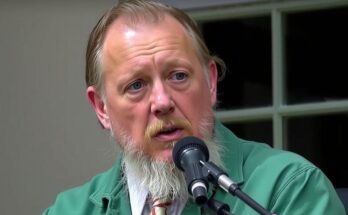Comoros held a parliamentary election on Sunday, marked by a boycott from opposition parties criticizing President Assoumani’s authoritarian approach. With results expected next week, voter turnout was projected to be low amidst disillusionment with the political climate. Assoumani’s administration has faced allegations of electoral manipulation and increasing political repression, raising concerns about democratic integrity.
Comoros conducted a parliamentary election on Sunday, which was boycotted by several opposition parties. These parties accused President Azali Assoumani and his ruling Convention for the Renewal of the Comoros of increasingly authoritarian practices and raised concerns regarding the electoral integrity. The election aims to fill 33 legislative seats, with results anticipated next week. Approximately 330,000 registered voters, out of an 850,000 total population, were eligible to participate, although low voter turnout was predicted due to widespread discontent with the political process.
In the previous parliamentary election in 2020, Assoumani’s party secured 20 of the 24 contested seats, amidst allegations from the opposition that those elections were neither free nor fair. The Juwa Party, led by former President Ahmed Abdallah Sambi, was among the factions abstaining from this election. Assoumani, who has held the presidency under controversial circumstances since 2016 and previously in 1999, faced increasing scrutiny over his governance, characterized by political repression according to a report from the Africa Center for Strategic Studies. Despite threatening weather from Tropical Cyclone Dikeledi, voting proceeded as scheduled.
The Comoros archipelago, situated off the east coast of Africa, gained independence from France in 1975 but has since faced a tumultuous political landscape marked by military coups. President Azali Assoumani first came to power as a military officer in 1999 and has employed constitutional reforms to extend his presidency, thereby circumventing term limits. His administration has been criticized for suppressing political opposition and conducting elections that lack competitiveness. This ongoing electoral cycle follows a backdrop of previous elections that have been described as illegitimate by opposition factions, leading to boycotts of the electoral process.
The parliamentary elections in Comoros have underscored a significant political divide, with boycotts from opposition parties reflecting broader concerns regarding President Assoumani’s administration and its perceived authoritarianism. The situation remains tense as the nation awaits the election results amid electoral malfeasance claims and a history of discontent with the democratic process. Furthermore, the impact of external factors, such as Tropical Cyclone Dikeledi, continues to pose logistical challenges to the electoral proceedings.
Original Source: www.wral.com



